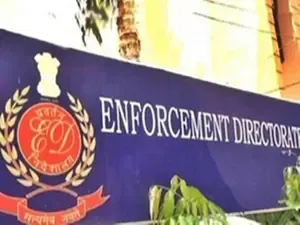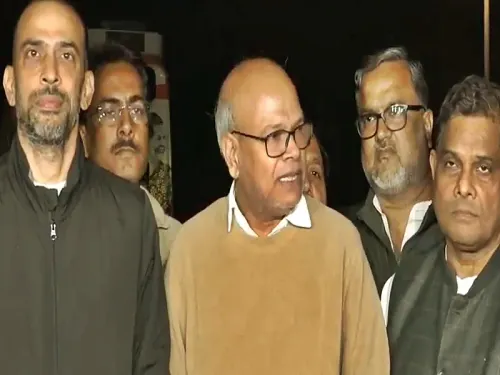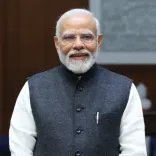Is the Suspected Bangladeshi Arrested for Fake Passport Actually a Pakistani?

Synopsis
Key Takeaways
- Azad Mullick is identified as a Pakistani citizen despite initial claims of being a Bangladeshi.
- He has been involved in fraudulent activities linked to fake Indian passports.
- The ED has confiscated numerous counterfeit documents from his possession.
- A significant bank account linked to him is under scrutiny for possible anti-national use.
- The case underscores the challenges of immigration enforcement.
Kolkata, April 29 (NationPress) Azad Mullick, an alleged illegal Bangladeshi infiltrator, was apprehended by the Enforcement Directorate (ED) in connection with a counterfeit Indian passport case. However, the agency’s legal representative revealed to a special court in Kolkata that he is, in fact, a citizen of Pakistan.
During the court proceedings, the ED's counsel indicated that the documents recovered by the agency during the arrest identified Mullick as a Bangladeshi national.
At the time of his detention, it was discovered that Mullick, who operates Mullick Trading Corporation, was residing in Kolkata under fraudulent Indian identity documents and was involved in a hawala operation from his home.
He was also implicated in a scheme supplying fake Indian passports to illegal Bangladeshi infiltrators.
The ED's counsel stated that further inquiries and Mullick's questioning revealed his original citizenship as Pakistani. He had acquired Bangladeshi citizenship through dubious means.
The ED counsel disclosed that Mullick's original name was Azad Hossain, which he changed to Ahammed Hossain Azad after unlawfully obtaining Bangladeshi citizenship.
In the fraudulent Indian passport he secured, his name appeared as Azad Mullick.
After his arrest, the ED seized two counterfeit EPIC cards, several fake driving licenses, and four forged birth certificates from Mullick.
The agency has also frozen a bank account linked to him that holds a balance of Rs 2.62 crore.
The ED is investigating whether these funds were utilized for any anti-national activities, the counsel informed the court.
The judge granted the ED’s request to keep Mullick in custody until May 8.
Last month, the Kolkata Police submitted a charge sheet regarding the passport forgery case at a lower court, indicating that out of 130 individuals referenced, 120 were Bangladeshi nationals while the rest were Indian citizens.
The principal allegations against the Bangladeshi nationals include substantial payments made to obtain counterfeit Indian passports.
For the Indian nationals involved, the accusations center around their roles as facilitators in arranging fraudulent Indian identity documents, including passports, for these illegal infiltrators.









